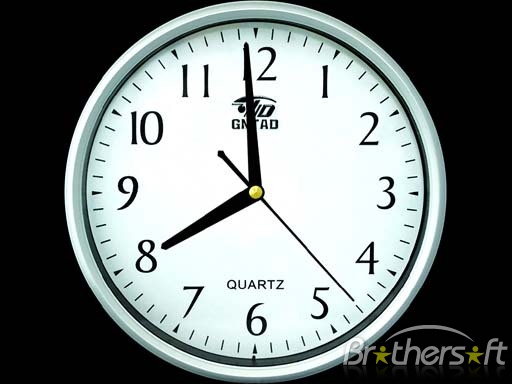
However, the bosses in Clocktower 3 are all interesting, and rather than just slipping straight into a boss fight, you'll get a fair amount of interaction with them. In this case, it's not quite that bad, but there's a great deal of cliché, and material that doesn't seem like it translated well from the Japanese version of this title.

I'm ambivalent about the storyline, given how much it drives games like these, and yet often seems to be their weakest point.

While different, and not quite something I'd normally endorse, it seems to be a good variation on the traditional horror adventure scheme, and works well. Equipped with a 'panic meter' that increases depending on what frights you've encountered, you can't lose the game unless your character panics, and is then struck by an enemy. Instead of relying on health, weaponry, and any number of other tired conventions, Clocktower 3 uses a small variety of items, a single real weapon, and a bottle of holy water capable of halting enemies and solving puzzles. He nonetheless noted "Against the Clock", "Dodgy Boat" and the title track as highlights.Clocktower 3 isn't what I'd call an overly original concept, but the gameplay to be found here is different enough from the norm for my liking. "Zarabeth" is named after a character in the Star Trek episode " All Our Yesterdays".Ĭritical reception Professional ratings Review scoresĭaniel Gioffre at AllMusic awarded Wardenclyffe Tower 1.5 stars out of 5, describing it as "formless" and "not very compelling", and being of value to Holdsworth completists rather than casual listeners. The album's title is a reference to the Wardenclyffe Tower, or Tesla Tower, designed by inventor Nikola Tesla in 1901 and located in Shoreham, New York.

Wardenclyffe Tower is the seventh studio album by guitarist Allan Holdsworth, released in 1992 through Restless Records (United States) and JMS–Cream Records (Europe), and in 1993 through Polydor Records (Japan) a remastered edition was reissued in 2007 through Eidolon Efformation, containing three bonus tracks (alternative versions of "Tokyo Dream" from 1983's Road Games and "The-Unmerry-Go-Round" from 1985's Metal Fatigue) which were previously only available on the Japanese release.


 0 kommentar(er)
0 kommentar(er)
